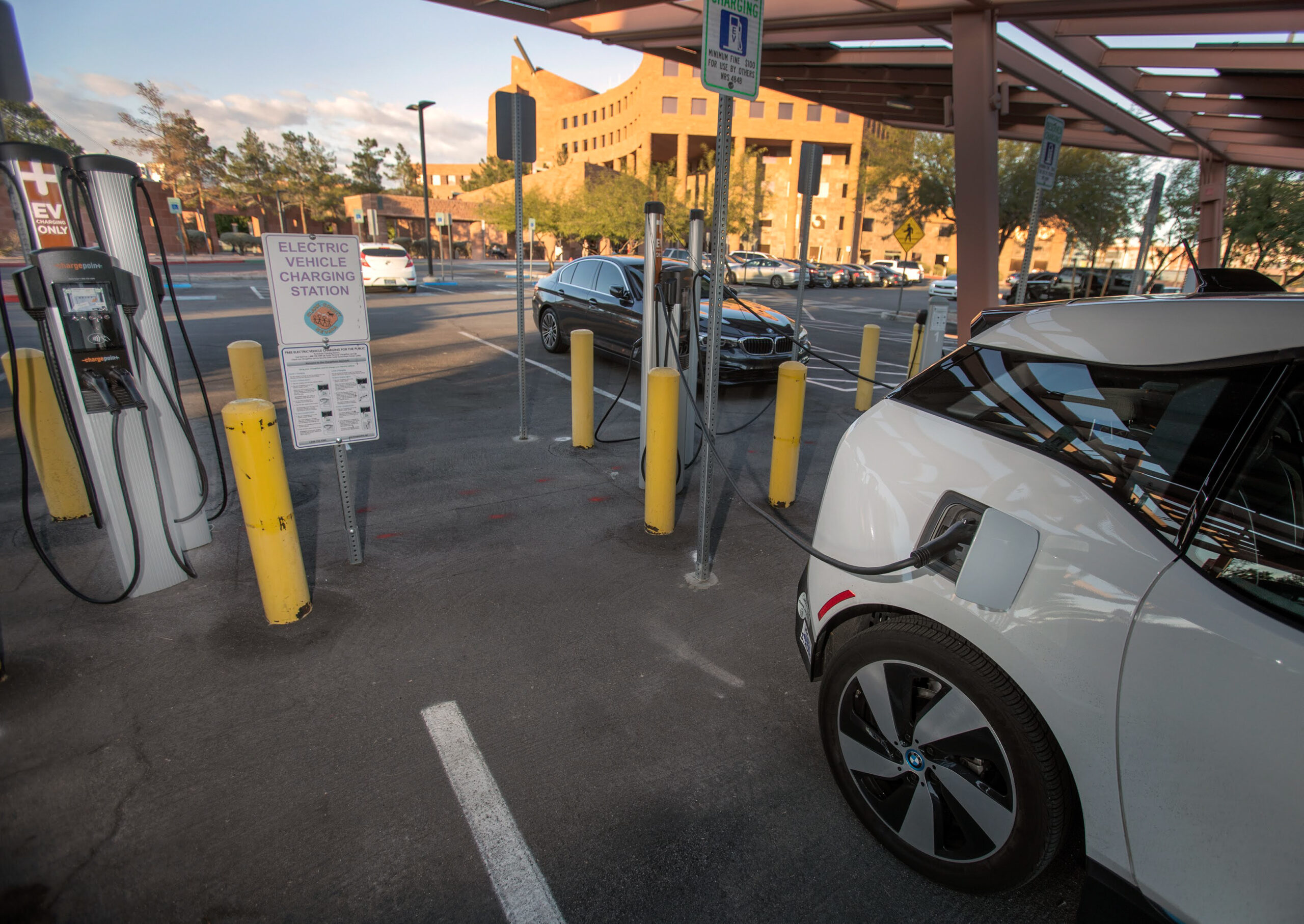The Biden administration’s Environmental Protection Agency rule effectively mandating the sale of electric vehicles will leave small-business owners in rural America behind and threaten their livelihoods and the communities they support.
In rural Nevada, we rely on used vehicles. In counties such as Churchill County, we develop strong ties with the community to guarantee that every purchase of a used vehicle emphasizes affordability and reliability. Churchill Auto Sales in Fallon prides itself on ensuring each customer finds a vehicle that fits their lifestyle and budget. The EPA mandate would prevent us from meeting our customers’ needs. Used hybrid and electric cars are problematic because we do not know their remaining battery life.
Earlier this year, the EPA introduced its final tailpipe rule requiring that more than half of new vehicle sales must be electric by 2032. As someone who has worked in the auto sales industry for 12 years, I have worked closely with families as they make this important purchase, especially those in rural communities who use trucks and cars as lifelines.
Throughout our country’s history, the freedom to choose our cars has been a staple of our livelihoods and a cornerstone of our national culture. President Joe Biden’s EPA rule intends to infringe upon this freedom, dictating what we drive. This mandate is invasive. Americans do not want electric vehicles. Effectively, Biden’s EPA rule will ban gas cars within the next decade — and fewer than 1 percent of America’s 250 million cars and light trucks are electric.
Nevada is known for its agriculture and mining industries. Battery electric vehicles (BEVs) are unsuitable for use in these industries because they need more power and reliability to transport products over long distances. Scott Miller, associate dean for industry partnerships at Ohio University’s Russ College of Engineering and Technology, explained to Energy News Network: “Farm equipment may only get used a few weeks a year,” and those periods of use often run “up to 15 hours a day for many days on end … It does a farm producer no good if the battery runs out in the middle of a 1,000-acre field.”
These two sectors play a crucial role in keeping Nevadans employed and the economy thriving. It’s not surprising that farmers and mining companies rely on trucks to transport goods over long distances, while electric vehicles (EVs) may be more suitable for urban drivers who have access to nearby charging stations and don’t travel long distances on rural roads.
Most estimates of the supposed savings of BEV charging compared to gas tanks assume that vehicles will be charged during long periods of time at residential locations. Keeping America’s supply chains moving efficiently requires faster, more reliable fuel — taking these factors into account largely favors gas. A BEV mandate would almost certainly slow shipping times and raise prices for Nevada consumers. This mandate is just not suitable for rural Nevadans.
The federal government shouldn’t administer regulations that could harm Nevada’s most critical industries, ultimately impacting the state’s economy. The federal government is completely out of touch with this mandate because it is once again leaving rural Nevada behind. We need Nevada policymakers to stand with us and our rural neighbors — opposing the EPA’s mandate is a crucial step in protecting our businesses and communities.
Milton Wallace is the owner of Churchill Auto Sales in Fallon, Nevada.
The Nevada Independent welcomes informed, cogent rebuttals to opinion pieces such as this. Send them to [email protected].

